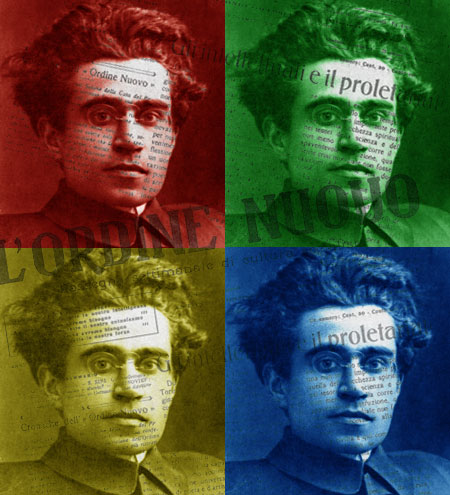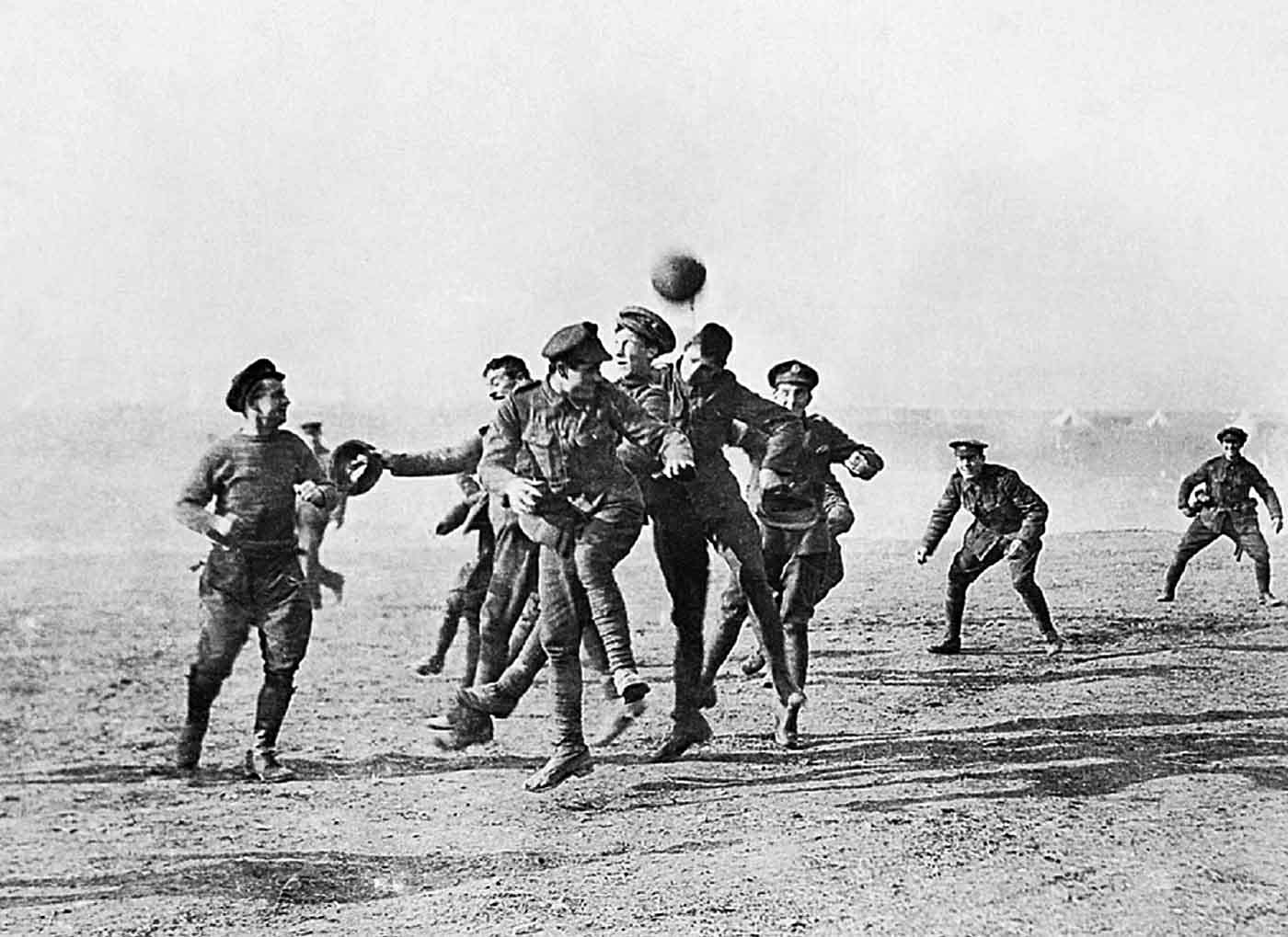May 3, 2010 -- The bailout of the debt-ridden Greek government seems finally to be complete.
Germany

To mark International Women's Day 2010, Links International Journal of Socilalist Renewal reproduces Alexandra Kollontai's classic history and explanation of this important anniversary. Thanks to the Marxist Internet Archive (MIA) for making this and other writings by Kollontai available. Notes by MIA.
* * *
By Alexandra Kollontai
Mezhdunarodnyi den' rabotnitz, Moscow 1920 -- Women's Day or Working Women's Day is a day of international solidarity, and a day for reviewing the strength and organisation of proletarian women.

By Paul Kellogg
[This article first appeared in Socialist Studies: the Journal of the Society for Socialist Studies 5(2), Fall 2009. It has been posted at Links International Journal of Socialist Renewal with the author's permission.]

November 15, 2009 -- For the past few weeks the international capitalist mass media has been awas

By Duroyan Fertl
October 5, 2009 – Germany’s ``centre-right’’ Chancellor Angela Merkel was returned to power in federal elections held on September 27, but with a record low voter turnout and an increased vote for the far-left party, Die Linke (The Left).
The election was a clear success for Merkel and her Christian Democratic Union (CDU). Her preferred coalition partner – the free-market fundamentalist Free Democratic Party (FDP) – increased its support by 4.8 per cent to an all-time high of 14.6 per cent, enough to form a CDU-FDP government. The FDP will now replace the CDU’s main rival – the ``centre-left’’ Social Democratic Party (SPD) – as coalition partner in the government of Europe’s largest economy.
At the same time, the SPD’s support collapsed by more than 6 million votes, dropping a massive11.2 per cent to only 23 per cent – its worst result since World War II. As one leading SPD member pointed out on election night, “We have been bombed back into the Weimar Republic”. SPD leader Walter Steinmeier described the result as “a bitter day” for German social democracy.

Hitler’s Priests, by Kevin Spicer, Northern Illinois University Press, 2008, 369 pp. US$34.95
Who Will Write Our History? Emanuel Ringelblum, the Warsaw Ghetto, and the Oyneg Shabes Archive, by Samuel D. Kassow, Indiana University Press, 2007, 523 pP., US$34.95
Kasztner’s Train: the True Story of an Unknown Hero of the Holocaust, by Anna Porter, Scribe, 2008, 548 pp., A$32.95
The Complete Maus: A Survivor’s Tale, Art Spiegelman, Pantheon, 1996, 296 pp., US$35.
Review by Barry Healy
July 28, 2009 -- In October 2008 the Catholic Synod of Bishops convened in Rome for a four-day theological discussion. Without warning, on the first day, Pope Benedict XVI suspended discussion and ordered the 200 participants to attend a special commemoration mass for Pius XII, who was the pope between 1939 and 1958.
By Thies Gleiss
One year after the foundation of the Die Linke (Left) party, commentators on both right and left agree that the political situation in Germany has been changed. Following three regional elections in spring 2008, Die Linke is solidly installed on the landscape.[1] On paper it is now the third biggest party in the country, whether in terms of members, elected representatives or other holders of paid political functions at all levels of the state, or again in terms of financial strength.
* * *




